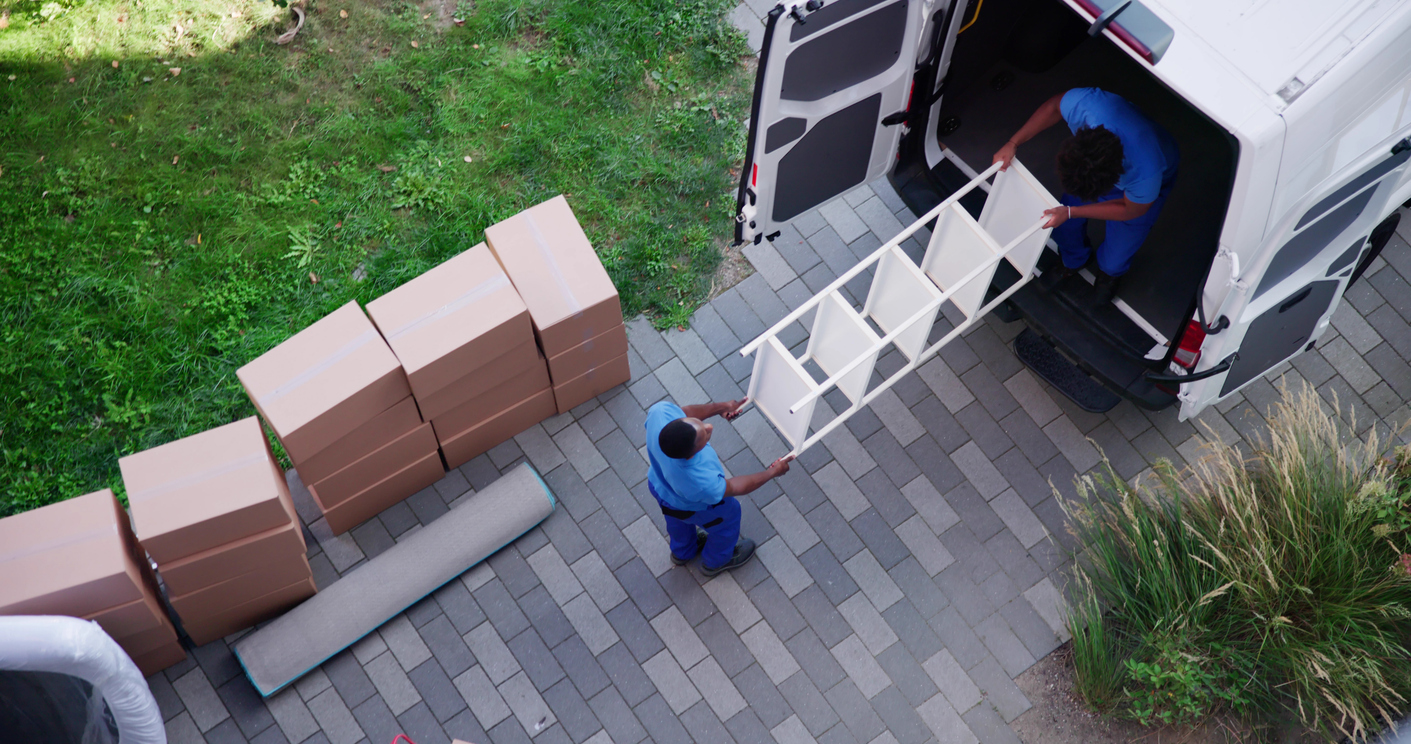Imagine that a major fire ravages a large condominium complex, damaging 70 of the 400 total units. The property manager (wisely) calls in a public adjuster, and gathers all the condo owners together to discuss the repairs and related insurance claims process. There’s a good chance that few, if any, of the condo owners will understand a key element of their respective unit owners’ policies: the per unit deductible.
Basically, the per unit deductible is a way for the insurance carrier to shift risk from the master policy to the unit owner’s policy (which is typically the HO-6 policy). The master policy and the by-laws lay out the financial responsibility of all parties – the association and each unit owner – in the event of a property loss.
But are per unit deductibles a good thing? If you talk to a public adjuster, you’ll get one view. Talk to a property manager, and you’ll get an entirely different view. Let’s get a quick take from each side, shall we?
A public adjuster’s view
Put plainly, public adjusters HATE the per unit deductible. Why? It makes handling the claim an absolute mess. For one thing, claims involving per unit deductibles always face significant delays, which stalls the entire process. Suppose, for example, that unit owners all have a $10K per unit deductible. One particular unit owner might have damages that amount to approximately $9K to repair the unit to its previous condition. That’s less than the deductible, right? But wait: there are other expenses – drying out or remediation – that might add to the tally. If the additional expenses bring the total to repair and remediate higher than $10K, that unit is now pertinent to the claim. This means the insurance carrier will insist on waiting for the final tally of expenses before processing the claim.
And it gets better. Not only does that individual unit owner have to wait – everybody does. Until the insurance company is able to establish a full value of damages within each unit – and thereby know which units are over, and by how much – the whole claims process is stalled. Nobody gets paid, even if it’s only 5 units that have yet to confirm their overall repair costs. Those 5 ruin it for the 65 others whose claims are in order.
Until all the puzzle pieces fit, the insurance company won’t sign off on the deal. Thanks a lot, per unit deductible…
The property manager’s perspective
The property manager represents the management company. They like the per unit deductible because it puts risk onto each unit owner, and makes them individually responsible. So, every time there’s a small property loss in an individual unit, such as a toilet overflow causing the floors in that unit to be replaced, which is well below the per unit deductible, the unit owner’s homeowner’s policy steps in. There’s no need for the master policy to be involved in the claim.
More importantly, the per unit deductible helps the management company protect and minimize the building’s cost. The master insurance policy represents one of the association’s largest fixed costs. And any big property loss, or even a general history of losses, is enough to prompt the condo’s insurance carrier to drop the association. This forces the association to seek insurance in the secondary market, likely from a high-risk carrier, resulting in a much higher premium.
When that happens, condo fees increase, which impacts property value. The property management company wants to structure the insurance in a way that reduces that impact, and the per unit deductible serves that purpose very well.
We hope this dueling perspective helps you understand the per unit deductible, and why it has different degrees of value to the property manager and a public adjuster.




